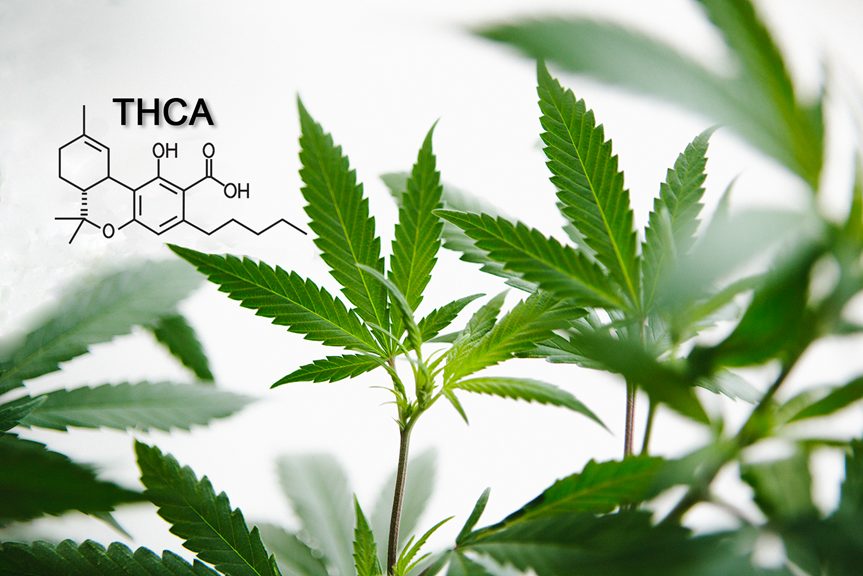Assuming that you have some involvement in weed, you’re presumably currently acquainted with THC, one of the two most normal cannabinoids in cannabis (the other one being CBD).
Nonetheless “what is THCa?” is an inquiry that we hear regularly from both pot devotees and novices to pot. In this aide, we will cover all that you want to be aware of this acidic cannabinoid.
THCa, or tetrahydrocannabinolic corrosive, is one of the many cannabinoids found in marijuana establishes that are accepted to offer a few helpful advantages, in spite of the fact that examination into its potential advantages is continuous.
While its name and compound arrangement are basically the same as THC, THCA has totally different properties from the last option. Not at all like THC, THCA is a non-psychoactive cannabinoid.
In actuality, THCA is THCs ancestor and converts to tetrahydrocannabinol as the weed plant is exposed to light and intensity and you can get your hands on it through weed delivery in San Dimas. Consequently, THCA items are separated from crude marijuana plants.
Continue to peruse to study THCA, and why it is filling in fame as exploration reveals a greater amount of its special properties.

What is THCa?
THCA is frequently alluded to as the forerunner to THC. It is a cannabinoid corrosive found in the new pot plant.
At the point when weed plants are developing, they produce a scope of cannabinoids relying upon the particular kind of the plant. Practically these cannabinoids start as carboxylic acids like THCA, then, at that point, convert into non-acidic mixtures through the course of decarboxylation or “decarbing.” The acidic adaptation of each cannabinoid normally has various impacts on its decarboxylated structure.
Other cannabinoid acids you might experience are:
- CBGA (Cannabigerolic corrosive)
- CBDA (Cannabidiolic corrosive)
- CBCA (Cannabichromenenic corrosive)
- CBGVA (Cannabigerovarinic corrosive)
- THCVA (Tetrahydrocanabivarinic corrosive)
- CBDVA (Cannabidivarinic corrosive)
- CBCVA (Cannabichromevarinic corrosive)
